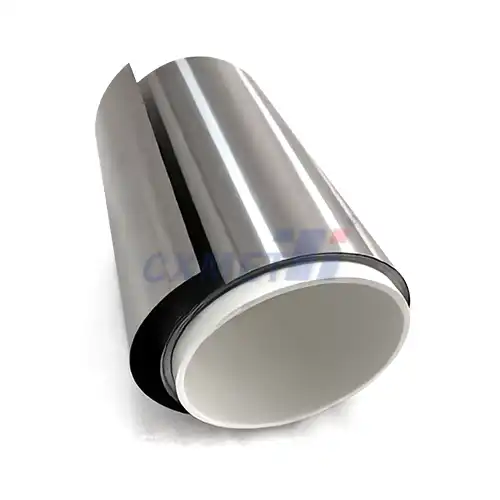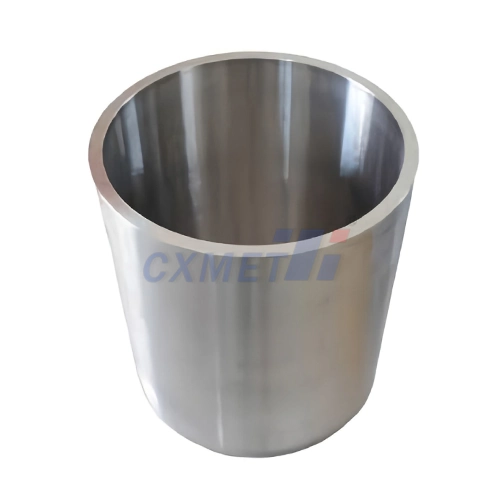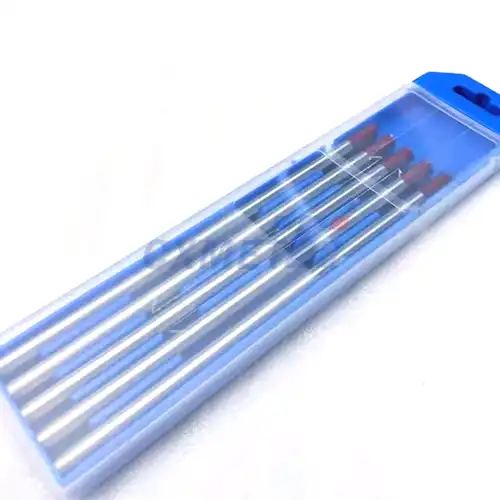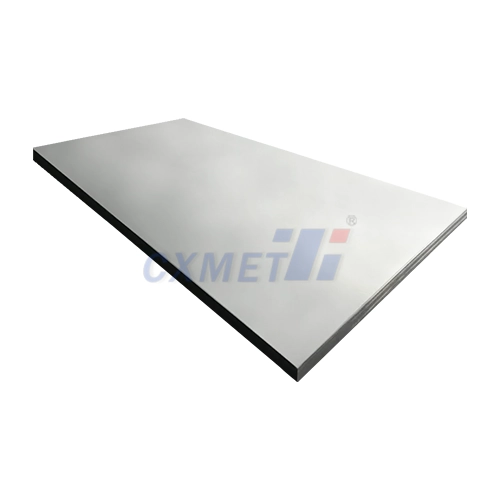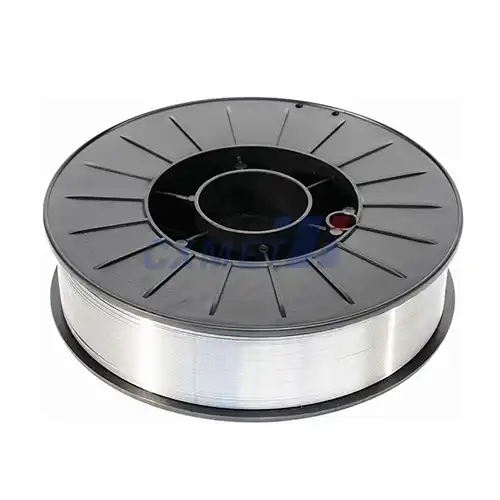- English
- French
- German
- Portuguese
- Spanish
- Russian
- Japanese
- Korean
- Arabic
- Greek
- German
- Turkish
- Italian
- Danish
- Romanian
- Indonesian
- Czech
- Afrikaans
- Swedish
- Polish
- Basque
- Catalan
- Esperanto
- Hindi
- Lao
- Albanian
- Amharic
- Armenian
- Azerbaijani
- Belarusian
- Bengali
- Bosnian
- Bulgarian
- Cebuano
- Chichewa
- Corsican
- Croatian
- Dutch
- Estonian
- Filipino
- Finnish
- Frisian
- Galician
- Georgian
- Gujarati
- Haitian
- Hausa
- Hawaiian
- Hebrew
- Hmong
- Hungarian
- Icelandic
- Igbo
- Javanese
- Kannada
- Kazakh
- Khmer
- Kurdish
- Kyrgyz
- Latin
- Latvian
- Lithuanian
- Luxembou..
- Macedonian
- Malagasy
- Malay
- Malayalam
- Maltese
- Maori
- Marathi
- Mongolian
- Burmese
- Nepali
- Norwegian
- Pashto
- Persian
- Punjabi
- Serbian
- Sesotho
- Sinhala
- Slovak
- Slovenian
- Somali
- Samoan
- Scots Gaelic
- Shona
- Sindhi
- Sundanese
- Swahili
- Tajik
- Tamil
- Telugu
- Thai
- Ukrainian
- Urdu
- Uzbek
- Vietnamese
- Welsh
- Xhosa
- Yiddish
- Yoruba
- Zulu
How do ASTM B861 Titanium Tubes Perform in Corrosive Environments?
2024-08-02 17:13:30
ASTM B861 titanium tubes are renowned for their exceptional performance in corrosive environments. These high-quality tubes, manufactured to meet the stringent standards set by the American Society for Testing and Materials (ASTM), offer outstanding resistance to a wide range of corrosive media. Titanium's inherent properties, including its ability to form a protective oxide layer, make it an ideal material for applications where exposure to aggressive chemicals or harsh environments is a concern. In this blog post, we'll explore the performance of ASTM B861 titanium tubes in corrosive environments and address some common questions about their properties and applications.
What are the key properties of ASTM B861 titanium tubes?
ASTM B861 titanium tubes possess a unique combination of properties that make them highly desirable for use in corrosive environments. These properties include:
1. Excellent Corrosion Resistance: The most notable characteristic of ASTM B861 titanium tubes is their superior corrosion resistance. Titanium forms a stable, protective oxide layer (TiO2) on its surface when exposed to oxygen. This layer, which is only a few nanometers thick, provides a barrier against corrosive attacks from various chemicals, including acids, alkalis, and chlorides. The oxide film quickly reforms if damaged, ensuring continuous protection.
2. High Strength-to-Weight Ratio: Titanium tubes offer an exceptional strength-to-weight ratio, making them ideal for applications where both strength and weight reduction are crucial. This property allows for the design of lightweight yet durable components, which is particularly beneficial in industries such as aerospace and chemical processing.
3. Temperature Resistance: ASTM B861 titanium tubes maintain their mechanical properties and corrosion resistance over a wide range of temperatures. They perform well in both cryogenic conditions and at elevated temperatures, typically up to 600°C (1112°F), depending on the specific grade and application.
4. Low Thermal Expansion: Titanium has a relatively low coefficient of thermal expansion compared to many other metals. This property helps minimize stress and distortion in systems subject to temperature fluctuations, making ASTM B861 tubes suitable for applications involving thermal cycling.
5. Biocompatibility: Titanium is known for its excellent biocompatibility, which is why ASTM B861 tubes are often used in medical and pharmaceutical applications. The material's resistance to bodily fluids and its non-toxic nature make it safe for use in implants and other medical devices.
6. Weldability: ASTM B861 titanium tubes can be welded using various techniques, including TIG (Tungsten Inert Gas) welding and electron beam welding. This allows for the fabrication of complex structures and ensures the integrity of titanium systems in corrosive environments.
7. Crack Resistance: Titanium exhibits good resistance to stress corrosion cracking and fatigue, which is crucial in applications where the material is subjected to both mechanical stress and corrosive media simultaneously.
These properties collectively contribute to the outstanding performance of ASTM B861 titanium tubes in corrosive environments, making them a preferred choice in industries such as chemical processing, oil and gas, desalination, and marine applications.
How do ASTM B861 titanium tubes compare to other materials in corrosive applications?
When it comes to corrosive applications, ASTM B861 titanium tubes often outperform many other materials, including stainless steels, nickel alloys, and other exotic metals. Here's a comparative analysis:
1. Titanium vs. Stainless Steel: While stainless steels are known for their corrosion resistance, titanium tubes generally offer superior protection in more aggressive environments. Titanium resists pitting and crevice corrosion better than most stainless steels, especially in chloride-containing media such as seawater. For instance, in saltwater applications, titanium tubes can last indefinitely, while even high-grade stainless steels may experience corrosion over time.
2. Titanium vs. Nickel Alloys: Nickel alloys like Inconel and Hastelloy are also known for their excellent corrosion resistance. However, titanium tubes often provide comparable or better performance at a lower cost and with a significant weight advantage. In sulfuric acid environments, for example, titanium shows excellent resistance across a wide range of concentrations and temperatures, rivaling or exceeding the performance of many nickel alloys.
3. Titanium vs. Copper Alloys: In marine environments, titanium tubes significantly outperform copper alloys. While copper alloys may suffer from dezincification or other forms of selective leaching, titanium remains stable and resistant to seawater corrosion.
4. Titanium vs. Plastics: In some corrosive applications, plastics like PVC or PTFE are used. While these materials offer good chemical resistance, they lack the mechanical strength and temperature resistance of titanium. ASTM B861 titanium tubes provide a more robust and versatile solution for applications requiring both corrosion resistance and structural integrity.
5. Galvanic Corrosion Considerations: When designing systems with multiple materials, it's important to consider galvanic corrosion. Titanium is noble in the galvanic series, meaning it's cathodic to most other metals. This can be both an advantage and a consideration in design, as titanium itself is protected but may accelerate corrosion in less noble metals if not properly isolated.
6. Life Cycle Cost Analysis: While the initial cost of ASTM B861 titanium tubes may be higher than some alternatives, their long-term performance often results in a lower total cost of ownership. The extended service life, reduced maintenance requirements, and potential for lighter designs can lead to significant cost savings over the life of a system.
7. Environmental Impact: The durability and longevity of titanium tubes contribute to reduced material consumption and waste over time. Additionally, titanium is 100% recyclable, aligning with sustainability goals in many industries.
In specific applications, the choice between ASTM B861 titanium tubes and other materials depends on factors such as the exact corrosive media, operating conditions, and design requirements. However, the versatility and superior corrosion resistance of titanium make it a top contender in a wide range of challenging environments.
What industries benefit most from using ASTM B861 titanium tubes in corrosive environments?
ASTM B861 titanium tubes find applications across numerous industries where corrosion resistance is critical. The following sectors benefit significantly from the use of these high-performance tubes:
1. Chemical Processing: The chemical industry often deals with aggressive substances that can rapidly degrade conventional materials. ASTM B861 titanium tubes are used in reactors, heat exchangers, and piping systems handling corrosive chemicals such as chlorine, hydrochloric acid, and sulfuric acid. Their resistance to a broad spectrum of chemicals makes them invaluable in maintaining the integrity of processing equipment and reducing downtime.
2. Oil and Gas: In offshore oil and gas production, titanium tubes are used in heat exchangers, hydraulic systems, and subsea equipment. They resist corrosion from seawater, hydrogen sulfide, and other corrosive elements encountered in deep-sea environments. The high strength-to-weight ratio of titanium also contributes to weight reduction in offshore platforms.
3. Desalination: The desalination industry relies heavily on titanium tubes for their excellent resistance to saltwater corrosion. In multi-stage flash (MSF) and reverse osmosis (RO) desalination plants, titanium tubes are used in heat exchangers and high-pressure piping systems, ensuring long-term reliability in continuous seawater exposure.
4. Aerospace: While not typically considered a "corrosive" environment, the aerospace industry benefits from titanium's corrosion resistance in combination with its high strength-to-weight ratio. ASTM B861 tubes are used in hydraulic systems, engine components, and structural elements where exposure to de-icing fluids, hydraulic oils, and atmospheric corrosion is a concern.
5. Power Generation: In power plants, particularly those using geothermal or ocean thermal energy conversion (OTEC) technologies, titanium tubes play a crucial role. They resist corrosion from geothermal fluids and seawater while maintaining efficient heat transfer properties.
6. Pulp and Paper: The pulp and paper industry uses aggressive chemicals in its processes. Titanium tubes find applications in digesters, bleaching equipment, and recovery boilers where resistance to chlorine compounds and other corrosive media is essential.
7. Marine and Shipbuilding: Naval vessels and commercial ships benefit from titanium tubes in heat exchangers, desalination units, and other seawater-exposed systems. The material's resistance to marine corrosion and biofouling contributes to reduced maintenance and extended service life.
8. Medical and Pharmaceutical: While not typically exposed to highly corrosive environments, the medical industry values titanium for its biocompatibility and resistance to bodily fluids. ASTM B861 tubes are used in medical devices, implants, and pharmaceutical processing equipment where purity and corrosion resistance are paramount.
9. Nuclear Power: In nuclear power plants, titanium tubes are used in condensers and heat exchangers, particularly in plants using seawater for cooling. Their resistance to both corrosion and radiation makes them suitable for this demanding application.
10. Food and Beverage Processing: The food industry benefits from titanium's corrosion resistance and non-reactive nature. ASTM B861 tubes are used in processing equipment where exposure to acidic foods, cleaning chemicals, and sterilization processes is common.
In each of these industries, the use of ASTM B861 titanium tubes contributes to improved reliability, reduced maintenance costs, and enhanced safety. The material's ability to withstand corrosive environments while maintaining its mechanical properties makes it an invaluable asset in designing long-lasting and efficient systems.
As industries continue to push the boundaries of material performance in increasingly challenging environments, ASTM B861 titanium tubes remain at the forefront of corrosion-resistant solutions. Their unique combination of properties – excellent corrosion resistance, high strength-to-weight ratio, and versatility across a wide range of applications – ensures their continued relevance in addressing the complex challenges of modern industrial processes.
At SHAANXI CXMET TECHNOLOGY CO., LTD, we take pride in our extensive product range, which caters to diverse customer needs. Our company is equipped with outstanding production and processing capabilities, ensuring the high quality and precision of our products. We are committed to innovation and continuously strive to develop new products, keeping us at the forefront of our industry. With leading technological development capabilities, we are able to adapt and evolve in a rapidly changing market. Furthermore, we offer customized solutions to meet the specific requirements of our clients. If you are interested in our products or wish to learn more about the intricate details of our offerings, please do not hesitate to contact us at sales@cxmet.com. Our team is always ready to assist you.
References:
1. ASTM International. (2020). ASTM B861-20 Standard Specification for Titanium and Titanium Alloy Seamless Pipe.
2. Schutz, R. W., & Thomas, D. E. (1987). Corrosion of titanium and titanium alloys. ASM Handbook, 13, 669-706.
3. Donachie, M. J. (2000). Titanium: A Technical Guide. ASM International.
4. Revie, R. W., & Uhlig, H. H. (2008). Corrosion and Corrosion Control: An Introduction to Corrosion Science and Engineering. John Wiley & Sons.
5. Titanium Information Group. (2022). Titanium for Marine and Offshore Applications.
6. Lutjering, G., & Williams, J. C. (2007). Titanium. Springer Science & Business Media.
7. National Association of Corrosion Engineers. (2021). Corrosion Costs and Preventive Strategies in the United States.
8. American Water Works Association. (2018). Manual of Water Supply Practices M11: Steel Pipe—A Guide for Design and Installation.
9. Peters, M., Hemptenmacher, J., Kumpfert, J., & Leyens, C. (2003). Titanium and Titanium Alloys: Fundamentals and Applications. John Wiley & Sons.
10. Oshida, Y. (2010). Bioscience and Bioengineering of Titanium Materials. Elsevier.

